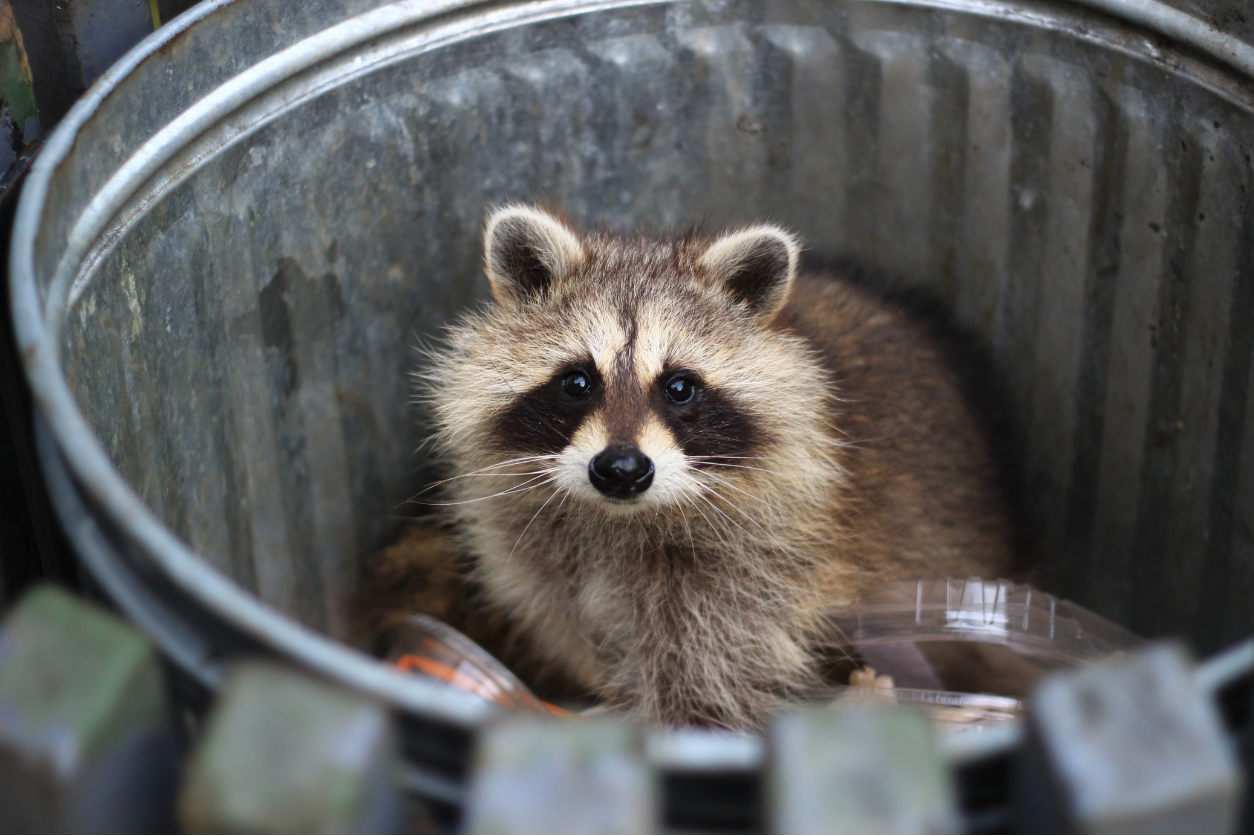How to Keep Raccoons Away from Your Garden

Raccoons might look adorable, but their playful antics can lead to a mess in your garden or chicken coop. While these curious critters usually just wander through, they might decide to stay if they find a cozy spot with easy access to food. Fortunately, there are effective ways to discourage raccoons from settling in without too much hassle.
Why Raccoons Visit Your Garden
Raccoons generally avoid human areas unless they find a steady food supply or a safe place for their young. If you notice raccoons frequenting your harden, it’s essential to identify what attracts them. Food left outside—such as pet food, open compost bins, or unsecured trash cans—can entice raccoons looking for an easy meal.
Raccoons might seek shelter in open spaces beneath porches or patios, as well as attics, as they search for safe nesting areas. Eliminating these attractants can make your property less inviting to raccoons and help prevent future problems.
Being nocturnal, raccoons often remain unseen. However, they leave behind telltale signs. Look for small holes in your garden or lawn, which indicate digging for grubs. You might spot long-toed footprints in muddy patches or scratch marks on porches or potential entry points.
Also, overturned trash cans or compost bins can signal a raccoon raid. Crop damage, such as half-eaten fruits or vegetables, and disturbances in chicken coops or fish ponds also indicate raccoon activity.
How to Deter Raccoons
If raccoons aren’t causing significant damage, it’s often best to let them move along naturally. They tend to have their young in spring, so it’s advisable not to disturb them during this time to avoid separating mothers from their offspring. If you need to encourage them to leave or want to prevent them from making a home in your yard, try these methods:
Raccoons will stay where food and water are easily available. Bring pet food and bird feeders inside at night, secure garbage bins with tight lids, and clean up fallen fruit. Empty birdbaths and protect fish ponds and chicken coops with sturdy fencing or mesh. If raccoons are digging up your lawn for grubs, consider using organic treatments like milky spore to reduce the grub population.
Raccoons hide in brush piles, dense shrubs, and tall grass. Maintaining a tidy yard can make them feel more exposed. Trim back overgrown shrubs, mow long grass, and clear away leaves and other debris to minimize hiding spots for raccoons and their prey.
Seal gaps under porches and crawlspaces with grates or hardware cloth. Check your attic for entry points and secure them to prevent raccoons from finding shelter.
Raccoons are excellent climbers, so make it harder for them to reach bird feeders by mounting them at least 5 feet off the ground and adding raccoon baffles. You can also wrap sheet metal around tree trunks to stop raccoons from climbing up. For gardens, angle fences outward and bury the base at least 6 inches deep. Consider adding low-voltage electric fencing around vegetable patches for extra protection.
Experiment with different deterrents to find what works best for your yard. Options include blood meal, garlic and cayenne sprays, peppermint oil, and predator urine. Other tactics involve setting up scarecrows, owl decoys, flashing lights, or motion-activated sprinklers. You can also hang pie tins or streamers or leave a radio on overnight. Be mindful that these deterrents can affect other wildlife, so use them judiciously.
Some plants naturally deter raccoons. Cucumbers and squash, for instance, have prickly stems and leaves that raccoons avoid. Plant these around crops like corn to help protect your harvest.
Trapping and Relocation
Trapping should only be considered as a last resort due to the complexities involved, and many raccoons don’t survive after being relocated. Furthermore, trapping may be illegal in some regions, and you might need a permit. Hiring professionals is the safest and most humane option if removal is necessary. If you choose to trap raccoons yourself, avoid doing so during the spring. Follow local regulations, use appropriately sized live traps, and handle them with care. Release raccoons far from populated areas, and never use poisoned bait, as it can harm other animals.